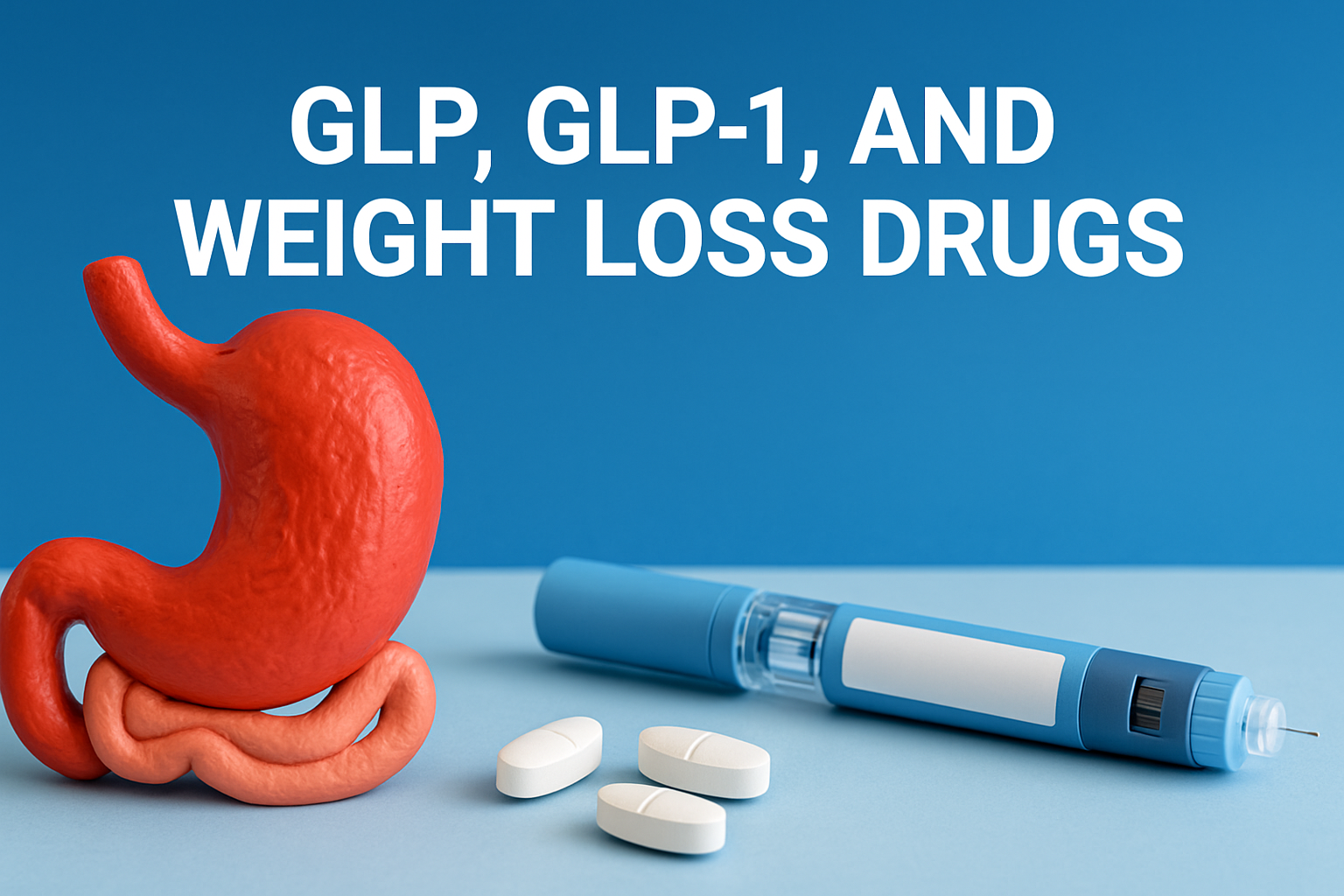In a groundbreaking move, the World Health Organization (WHO) is preparing to recommend the use of weight-loss medications like Wegovy and Zepbound to manage obesity in adults — a first in its global public health strategy.
According to a WHO memo obtained by Reuters, this decision marks a major policy shift and highlights the growing urgency to address obesity, which now affects over 1 billion people worldwide. Alarmingly, around 70% of those individuals reside in low- and middle-income countries (LMICs) — regions where access to advanced medications remains a critical issue.
The Medications: How Do They Work?
Both Wegovy (semaglutide) by Novo Nordisk and Zepbound (tirzepatide) from Eli Lilly are GLP-1 receptor agonists. These drugs mimic a natural hormone that delays digestion and promotes a feeling of fullness, helping users control their appetite. Clinical trials have shown average weight loss of 15% to 20%, depending on the medication used.
These treatments are already in use across several wealthy nations, including the United States, United Kingdom, and Germany. However, high monthly costs — sometimes exceeding $1,000 — make them nearly inaccessible for people in resource-constrained countries.
WHO’s Conditional Support: What’s Next?
The WHO’s official guidance on using weight-loss drugs for adult obesity treatment is expected in August 2025. Separate guidelines for children and adolescents are also under development.
In addition, WHO experts will meet to determine whether GLP-1 drugs should be included in the Essential Medicines List — a curated catalogue of must-have medications in all functioning healthcare systems. Inclusion could significantly expand availability and lower costs, particularly in poorer countries, as seen with HIV medications in the early 2000s.
Challenges: Cost, Access, and Long-Term Use
Despite the promising results, the WHO memo also emphasizes caution. The organization calls for:
- Long-term cost-effectiveness studies, especially in LMICs.
- Greater access strategies like tiered pricing or pooled procurement.
- A reassessment of the long-term clinical benefits and sustainability of these drugs.
Some relief may be on the horizon: patents on semaglutide are set to expire in certain markets in the coming year, opening the door for generic alternatives. Older drugs like liraglutide already have lower-cost generics available and could play a key role in expanding access.
Final Thoughts
The WHO’s upcoming endorsement reflects a significant turning point in the global response to obesity — a disease often overshadowed but deeply linked to major health risks like diabetes, heart disease, and certain cancers.
As we await formal guidelines, this decision sends a strong message: obesity is a global crisis, and the tools to fight it must be made accessible to all, not just the wealthy few.



